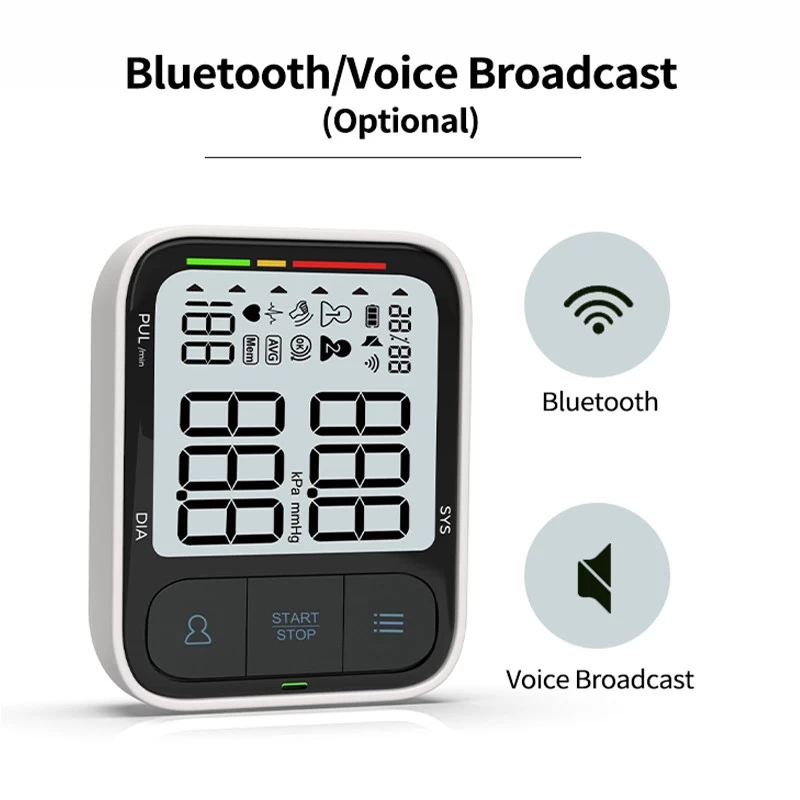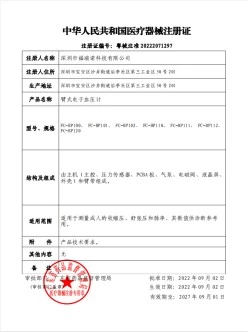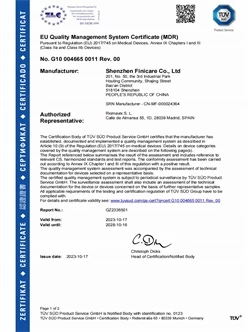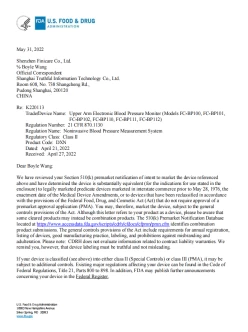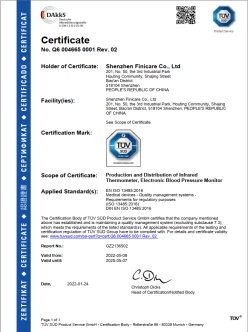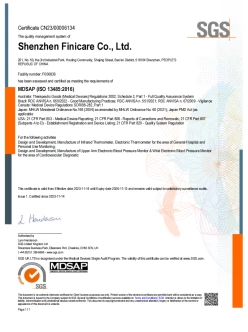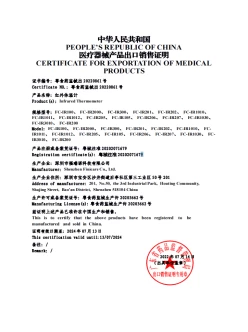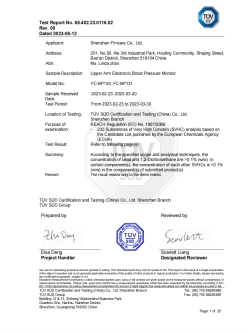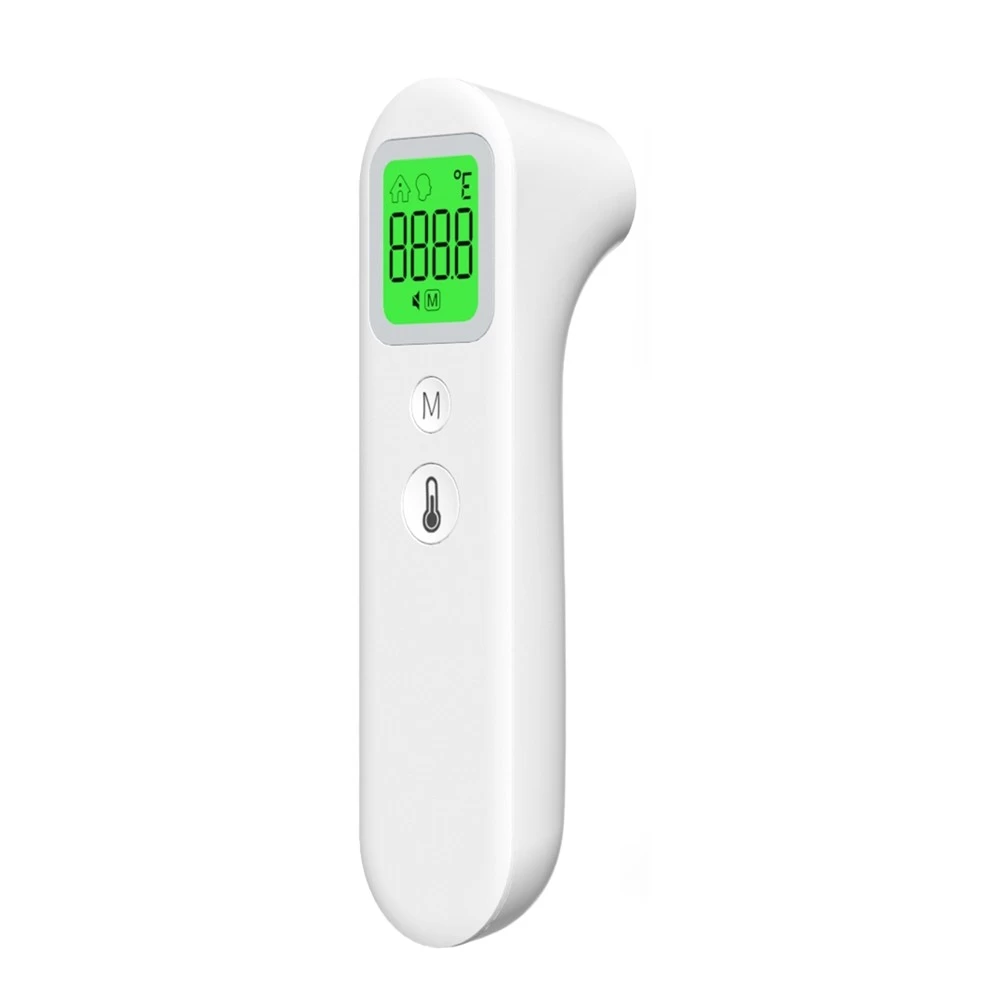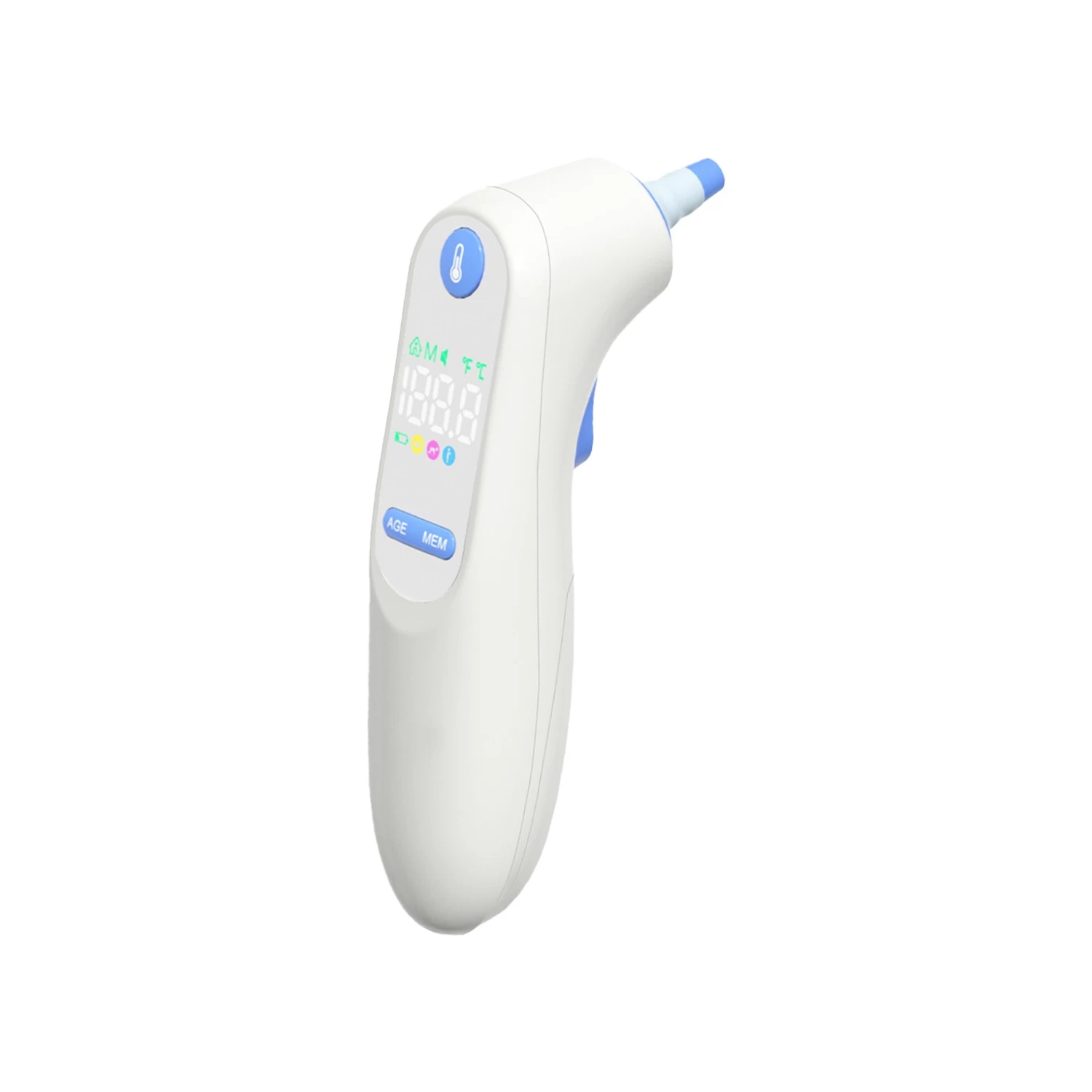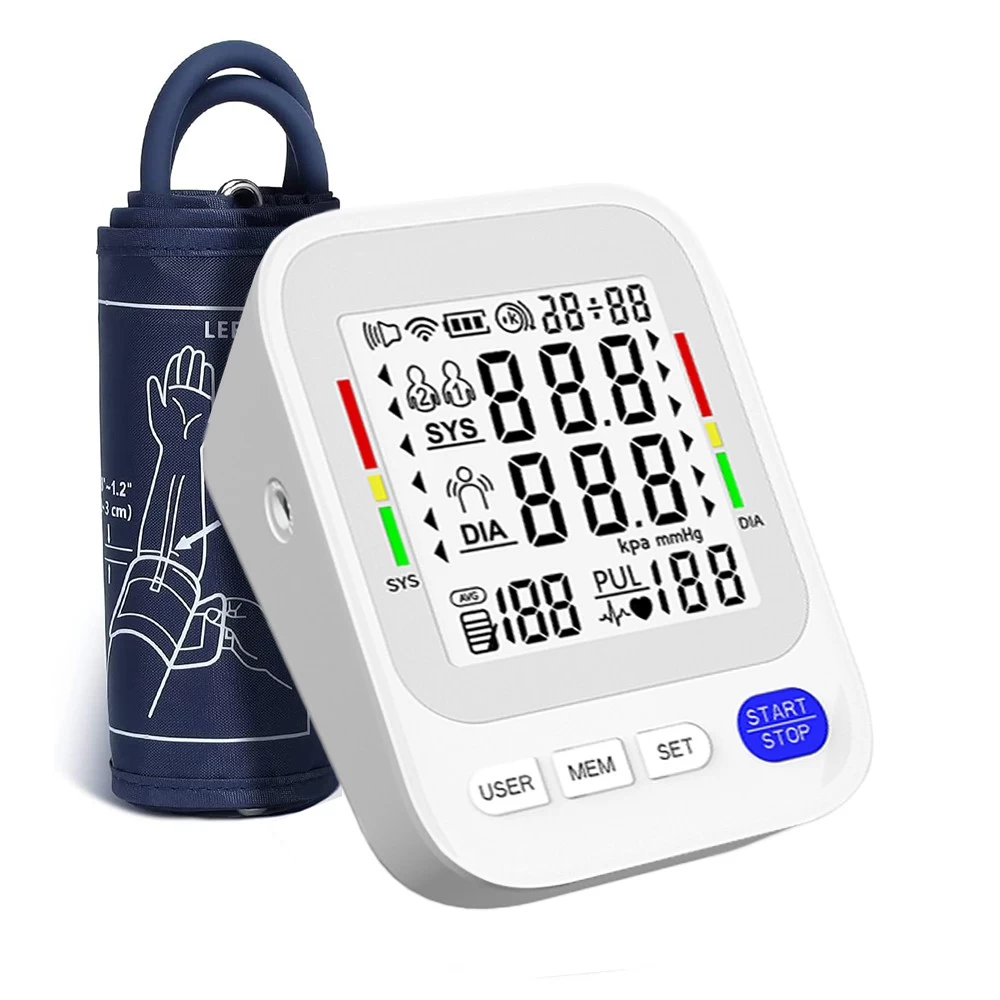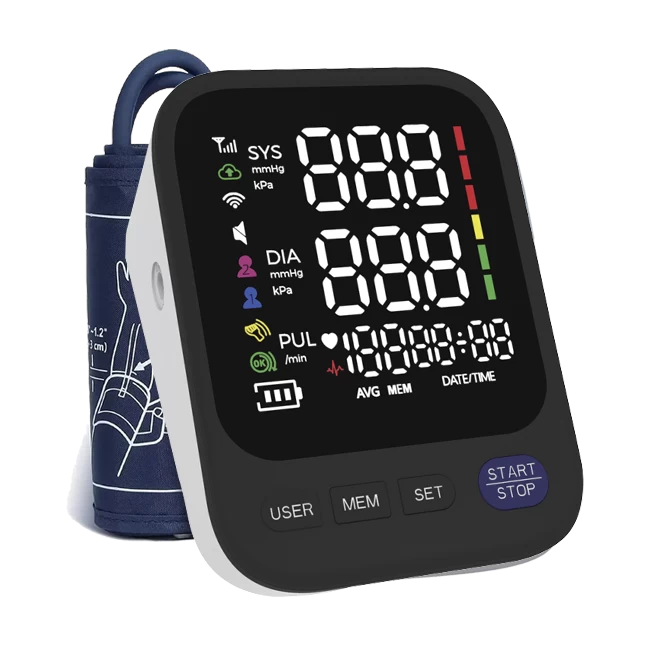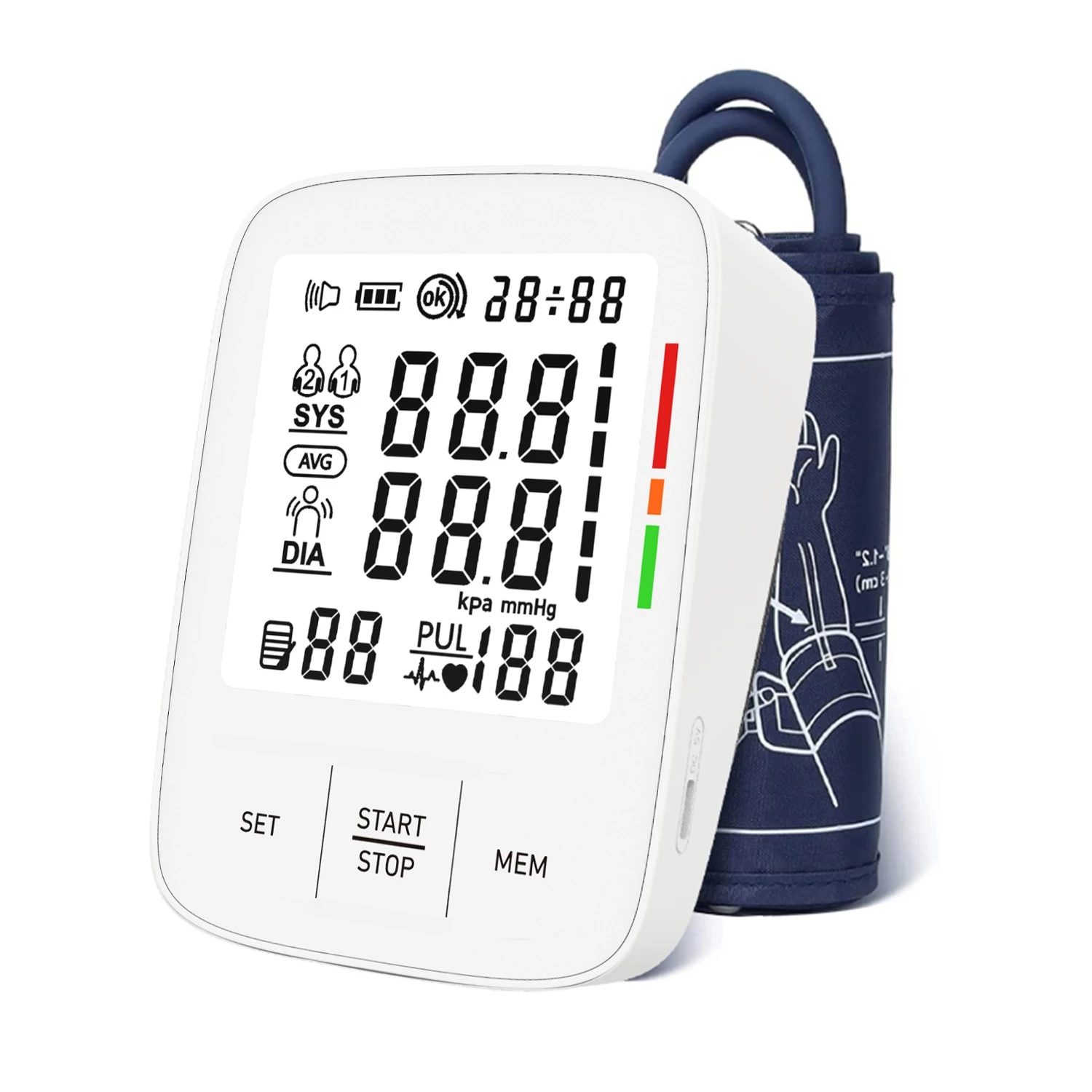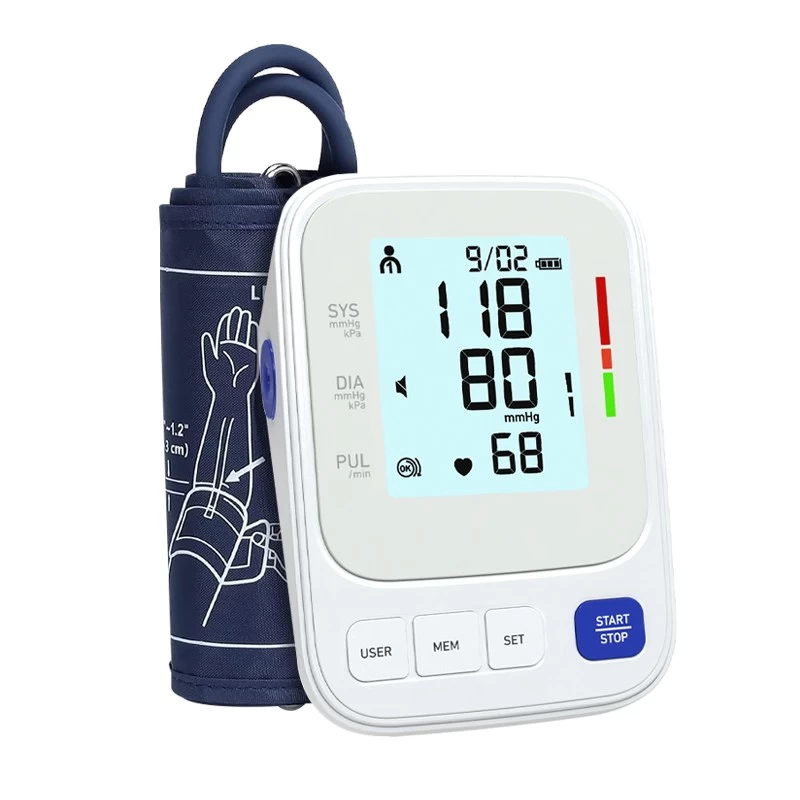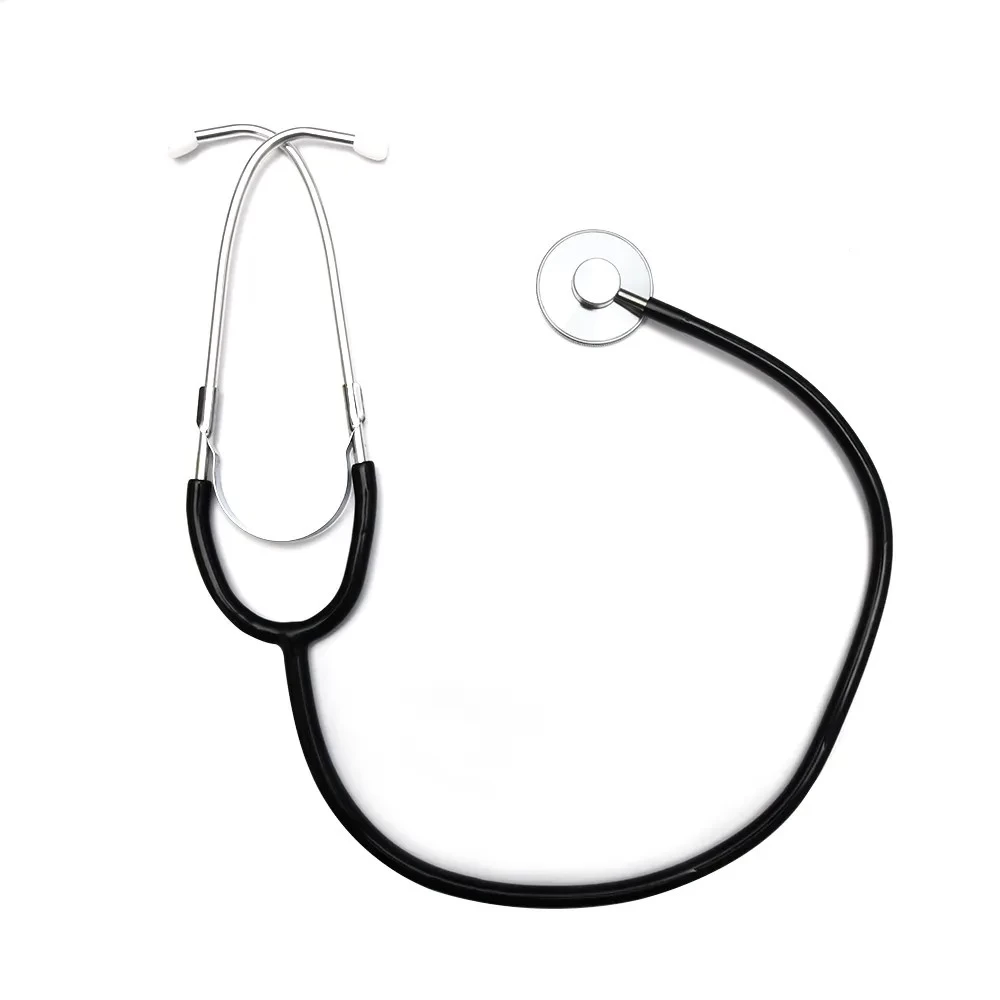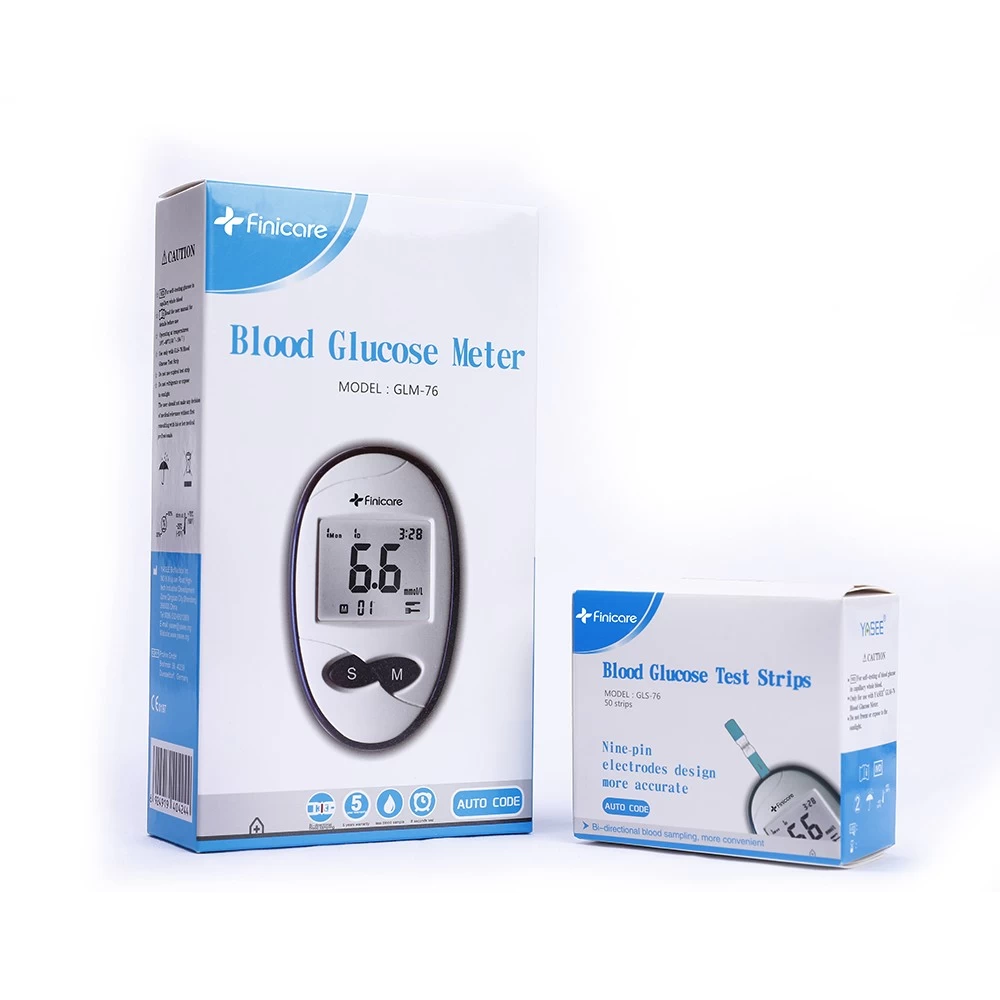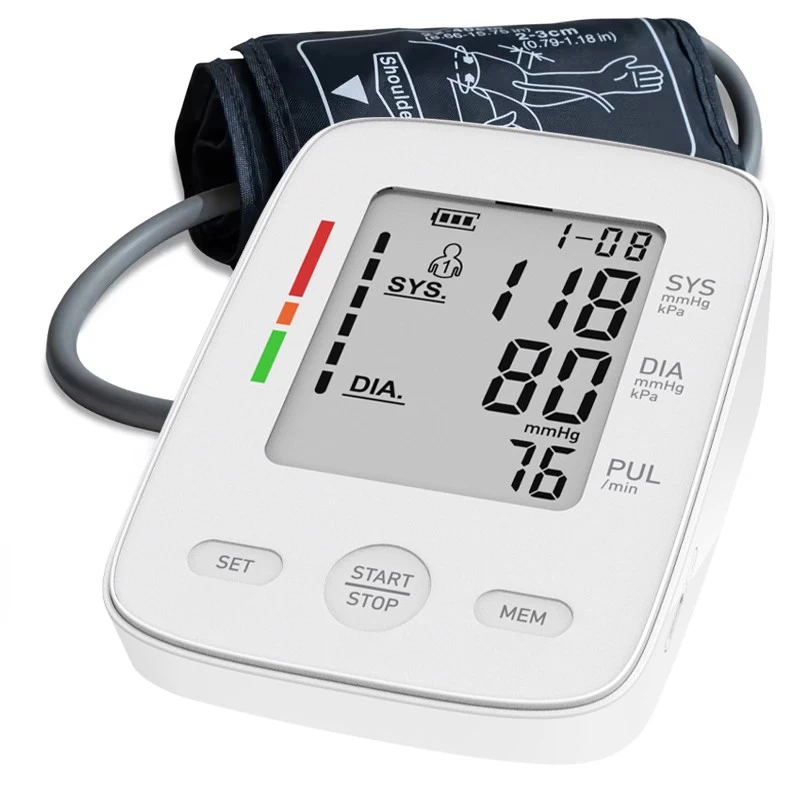How accurate are wrist blood pressure monitors?
How accurate are wrist blood pressure monitors?

Wrist blood pressure monitors have gained popularity due to their compact size, portability, and ease of use. However, many people wonder about their accuracy compared to traditional arm cuff monitors. In this article, we will explore the advantages and disadvantages of wrist blood pressure monitors, highlight common usage scenarios, and provide an overview of common questions and answers regarding their use.
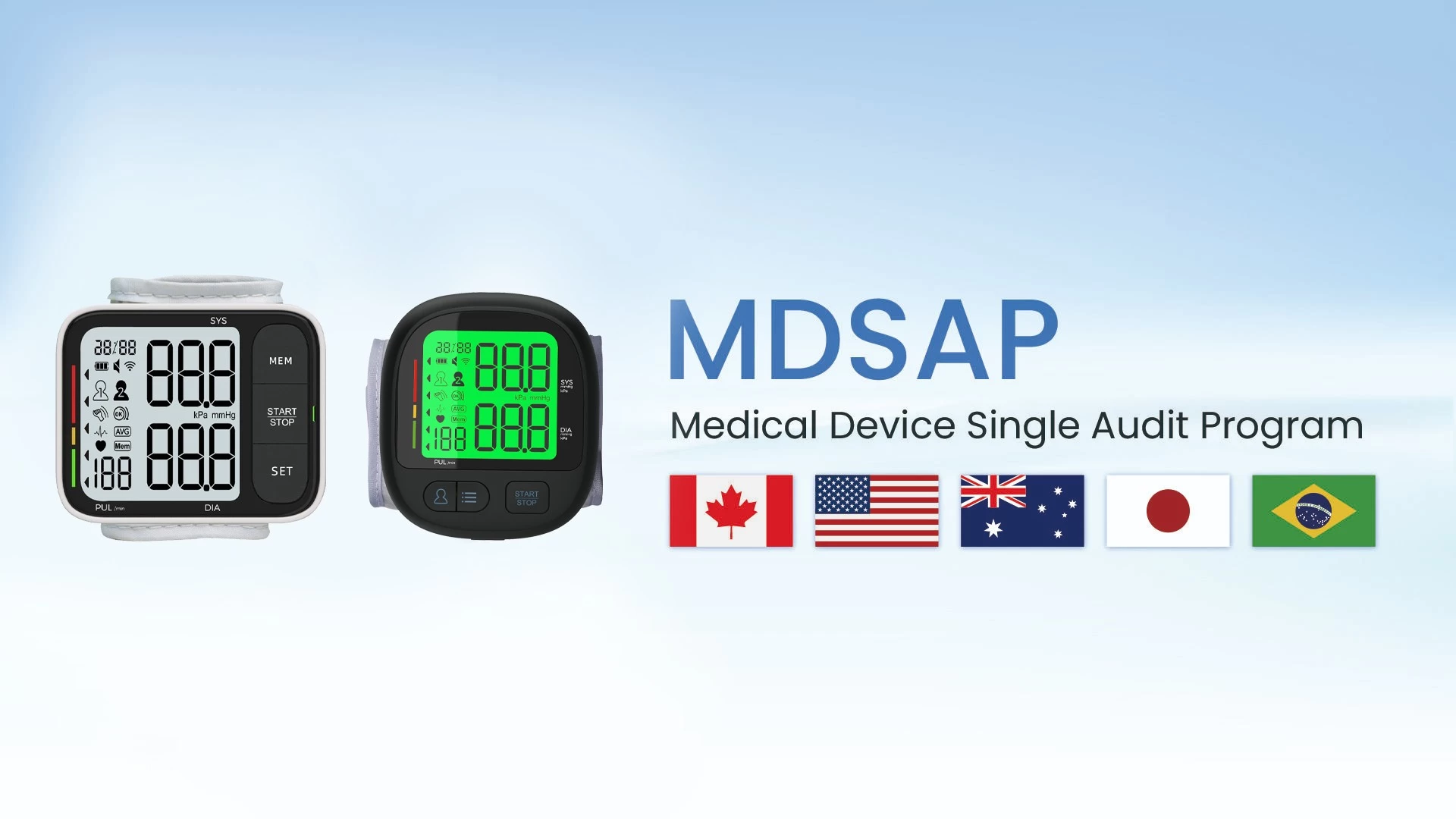
Advantages and Disadvantages of Wrist Blood Pressure Monitors

1. Omron 7 Series Wrist Blood Pressure Monitor
Advantages:
User-friendly interface with large digital display.
Can store multiple readings for different users.
Features an irregular heartbeat detector.
Disadvantages:
Some users report inconsistencies in readings compared to arm monitors.
Requires proper positioning for accurate results.
2. Beurer Wrist Blood Pressure Monitor (BM 26)
Advantages:
Compact and lightweight, ideal for travel.
Affordable price point.
Simple one-button operation.
Disadvantages:
May not fit larger wrists comfortably.
Lacks advanced features like data storage or Bluetooth connectivity.
3. Withings Steel HR
Advantages:
Stylish design that looks like a regular wristwatch.
Tracks heart rate and syncs with smartphone apps for data analysis.
Long battery life.
Disadvantages:
Higher price point compared to standard wrist monitors.
Some users find the setup process complicated.
4. iHealth Clear Wireless Blood Pressure Monitor
Advantages:
Bluetooth connectivity allows easy syncing with smartphones.
Provides a clear and intuitive app for tracking history and trends.
Compact design for portability.
Disadvantages:
Requires a smartphone to access full features.
Some users may find the wrist position tricky to get right.
5. Finicare Medical Wrist Blood Pressure Monitor FC-BP200
Advantages:
Affordable and straightforward to use.
Features an irregular heartbeat detector for added safety.
Memory function stores previous readings.
Disadvantages:
Readings can be affected by wrist position and movement.
May not be as durable as higher-end models.
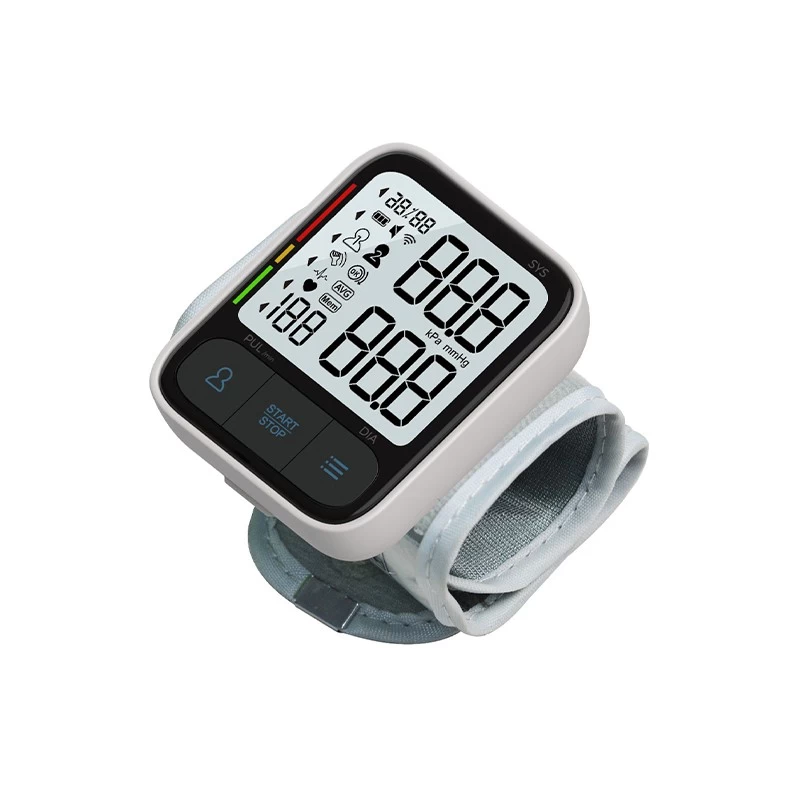
Common Usage Scenarios for Wrist Blood Pressure Monitors

Wrist blood pressure monitors are particularly popular in various scenarios, including:
1.Home Monitoring: Perfect for individuals who need to track their blood pressure regularly but prefer a more comfortable option than traditional arm monitors.
2.Travel: Due to their compact size, wrist monitors are ideal for travelers who want to keep an eye on their blood pressure while on the go.
3.Fitness Tracking: Some models offer additional health metrics, making them suitable for those who want to monitor heart health alongside their fitness routine.
4.Elderly Care: Easy to use for seniors who may have difficulty using more complex devices.
5.Office Use: Convenient for employees who want to check their blood pressure during breaks without needing a bulky device.
Wrist blood pressure monitors are used worldwide, with a significant presence in regions where personal health management is prioritized, such as North America, Europe, and parts of Asia.
Common Questions About Wrist Blood Pressure Monitors

Here are ten frequently asked questions and their answers regarding wrist blood pressure monitors:
1. Are wrist blood pressure monitors as accurate as arm monitors?
Wrist monitors can be accurate if used correctly, but they are generally considered less reliable than arm monitors, especially if the wrist is not positioned at heart level.
2. How should I position my wrist when taking a reading?
Your wrist should be at heart level, and you should sit comfortably with your feet flat on the ground and your back supported.
3. Can I use a wrist monitor if I have a larger wrist?
Most wrist monitors come in standard sizes, but some brands offer adjustable options. Ensure the cuff fits snugly but comfortably.
4. Should I take multiple readings?
Yes, it’s recommended to take two or three readings a few minutes apart and average them for a more accurate result.
5. Do wrist monitors store readings?
Many wrist monitors have memory functions that can store previous readings for tracking trends over time.
6. Can I use a wrist monitor if I have an irregular heartbeat?
Some wrist monitors feature irregular heartbeat detection. If you have a known heart condition, consult your doctor before using one.
7. How often should I measure my blood pressure?
Follow your healthcare provider's recommendations, but generally, daily or weekly monitoring may be advised depending on your health status.
8. Are wrist monitors suitable for all ages?
While wrist monitors can be user-friendly for adults and seniors, children may require specific pediatric devices for accurate readings.
9. Can wrist monitors be used during physical activity?
It’s best to measure blood pressure at rest. Physical activity can temporarily affect your readings, so wait until you’re calm.
10. What should I do if I get inconsistent readings?
Ensure proper positioning and follow the manufacturer's instructions. If inconsistencies persist, consult a healthcare professional or consider an arm monitor.


Conclusion



Wrist blood pressure monitors offer a convenient and portable option for monitoring blood pressure, particularly for those who are frequently on the move or prefer a less cumbersome device. While they may not always match the accuracy of traditional arm monitors, following proper usage guidelines can help ensure reliable readings. With the right knowledge and tools, individuals can effectively manage their blood pressure, leading to better overall health outcomes.
